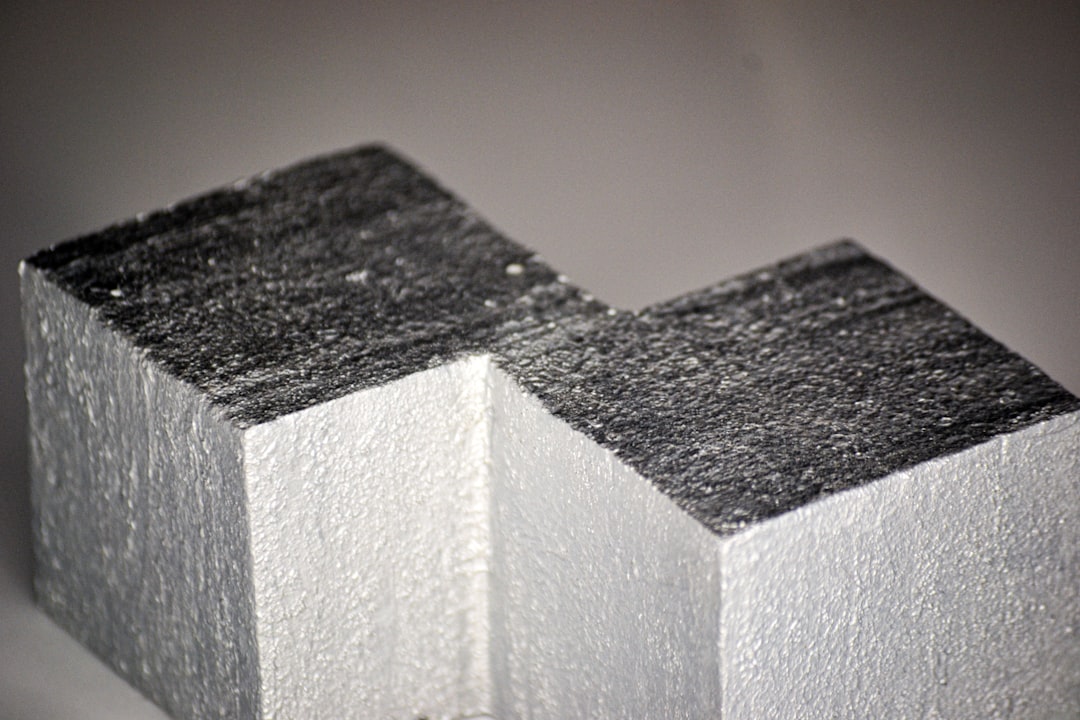
Aluminum fascia siding offers a robust solution for construction professionals dealing with diverse climates, from Texas heat to northern freeze-thaw cycles. It provides a sleek protective band where roof meets wall, shielding rafters from weather, insects, and rot. With precise estimating, professionals can determine material quantities, labor hours, and project costs before starting. Typical costs range from $7–$18 per linear foot installed, depending on the profile and finish.
Fascia is the horizontal board that caps the end of roof trusses. When wrapped with roll-formed aluminum, it becomes aluminum fascia siding, offering a rigid, low-maintenance finish that accepts gutters, resists corrosion, and ties soffit and siding together.
Durability • Factory-baked finishes last 30+ years without repainting
Weather Resistance • No swelling, splitting, or fungal growth
Aesthetic Versatility • Dozens of colors coordinate with various materials
Lightweight Installation • Panels cut easily, reducing ladder fatigue
Eco Friendly • High recycled content and 100% recyclability
Traditional estimating methods are outdated. Using AI-driven tools, professionals can build a line-item proposal in minutes.
Regional labor rates, roof height, and tear-off complexity can affect costs.
Aluminum fascia siding requires minimal upkeep beyond annual gutter cleaning. Rinse with a garden hose to remove pollen; avoid pressure washers. Touch up scratches with spray enamel to prevent oxidation.
Voice-First Takeoffs • Convert speech to measurements in real time
Instant Change Orders • Adjust specifications mid-conversation
One-Click Quotes • Produce branded PDF proposals
Field-to-Finance Integration • Approved quotes become invoices instantly
The Ramirez family replaced wood fascia on their 2,400 sq ft home. Using AI, their contractor captured dimensions quickly. The budget showed 210 linear feet of fascia, with material and labor totaling $1,700. Installation wrapped in a day.
Choose aluminum for a maintenance-free edge detail. For specific styles, consider alternatives. Explore options at CountBricks.com.
Aluminum fascia siding offers lasting defense against moisture while enhancing curb appeal. Pair it with AI estimating and management tools to keep projects on time and budget.

Not all aluminum fascia products are created equal. The thickness, measured in gauge, affects dent resistance and rigidity. Consider these options:
Once finishes are chosen, technology can auto-generate a material list, streamlining the process from specification to site installation.